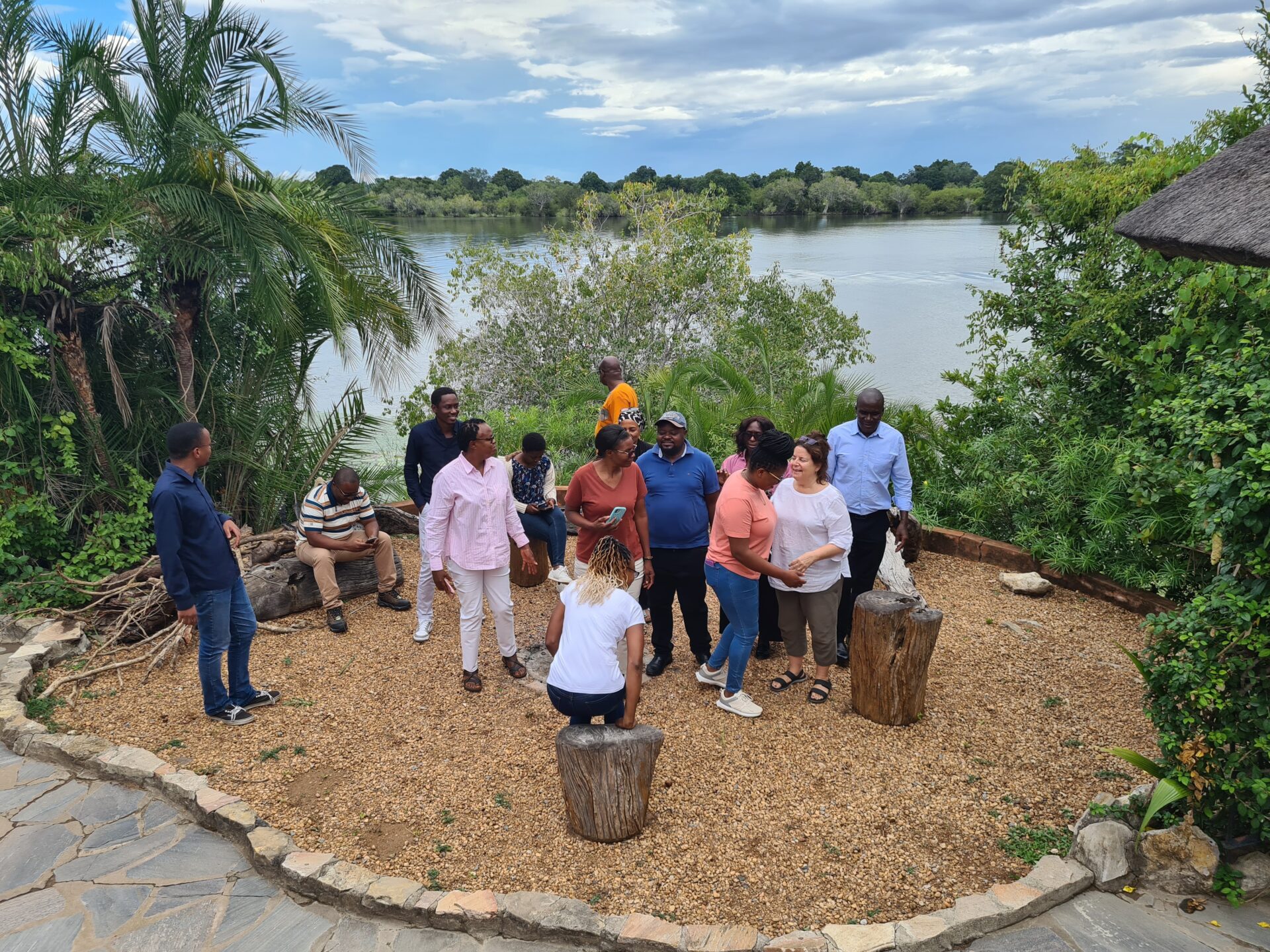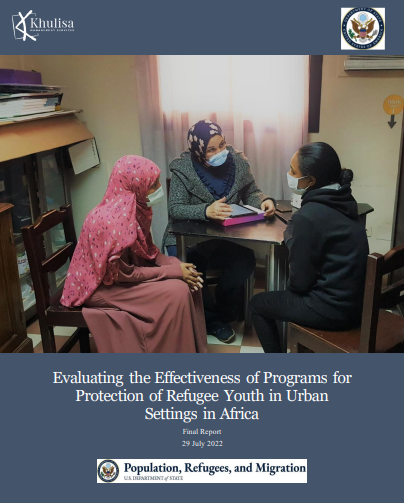
| Sector: | Public Health | |
| Period: | 2022 - In Progress | |
| Services: | Monitoring & Evaluation (M&E) | |
| Country: | South Africa | |
| Client: | Washington University | |
| Capacity Building: | Yes |
Objective:
The MCTIP study aims to reduce the prevalence of TIP, as measured by the Prevalence Reduction Innovation Forum (PRIF) core indicators, and to reduce behavioral vulnerability outcomes among PRIF-identified TIP potential victims and survivors through the implementation of a randomized control trial (RCT) intervention. This RCT aims to assess if the proposed intervention model is effective in reducing the TIP prevalence among the target population. Additionally, the proposed work tests methods to systematically measure TIP and exploitation in high-risk populations. The intervention will include trauma-informed response planning and referral systems, developing and piloting the implementation of locally specific core standards of care (CSC), and providing tangible enhancements to mental health and substance abuse treatment and skills development to potential victims of trafficking. This forward-thinking approach could highlight the population prevalence of TIP and point to a reduction over time.
The objectives of the project, implemented in three phases over five years, are:
- Create a sample cohort of TIP potential victims for the RCT component (Phase I & II);
- Develop a clinically based and effective intervention program (Phase I & II);
- Demonstrate the evidence for intervention effectiveness (Phase II & III);
- Evolve the MCTIP into a sustainable and gradual TIP prevalence reduction intervention (Phase I-III); and
- Conduct monitoring, evaluation, research, and learning (MERL) activities (Phase I-III).
Approach:
The MCTIP study aims to contribute to South Africa’s response by:
- Mapping Johannesburg and Cape Town according to TIP risk marker levels (Phase I);
- Collaboratively creating a localized CSC manual and response tool kits using a Delphi method (Phase I);
- Using the standardized PRIF screening questions and statistical rules to estimate the two sites’ prevalence rates (Phase II & III);
- Testing the effectiveness of the CSC over 12 months, focusing on mental health, substance abuse, and skills development (Phase II & III);
- Strengthening the inter-sectoral and multi-stakeholder response.; and
- Provide training and capacity building sessions, dialogues, and forums with South African government departments and service providers to disseminate evidence-based knowledge on:
- (i) how effective the CSC are in ensuring potential victims are TIP-free (not meeting PRIF TIP criteria)
- (ii) which aspects of this intervention were successful or unsuccessful.
Intended Outcomes
- Collaboratively developed CSC manual localized to meet response needs, tried and tested for sustainable implementation and potential adoption in other South African cities.
- A proven and costed, trauma-informed approach that addresses the experiences of adults victims, and informs trauma responses that recognize life-long experiences and pathways toward healing.
- Contribute to the evidence base on what types of programs work best for whom, to reduce specific forms of human trafficking in a South African context.
- Develop a mapping methodology based on the risk marker level maps of Johannesburg and Cape Town, to provide visual toolkits for future monitoring and prevention efforts by South African and international response teams.
- Demonstrate a strengthened networking and collaborative approach and practice to strengthen the counter-trafficking sector.
Key Staff:
Margaret Roper
Thembi Mahlangu


